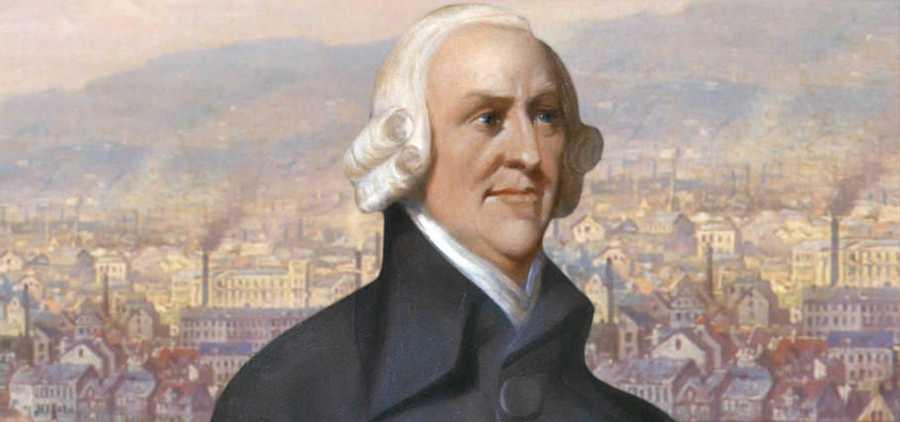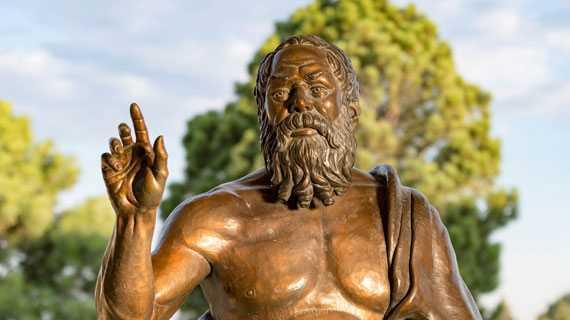Parmenides and the Philosophy of Stasis
Parmenides was a pre-Socratic philosopher from the city of Elea in Magna Graecia. It is believed that he lived during the late sixth or early fifth century BC, and he is considered the father of metaphysics, having founded the very prominent Eleatic school of philosophy. He originated from a wealthy family, being a well known and influential person in Elea.
38
226 reads
CURATED FROM
IDEAS CURATED BY
To philosophy’s oldest question, Greek philosophers Heraclitus and Parmenides answered with opposing views. Or did they?
“
The idea is part of this collection:
Learn more about philosophy with this collection
How to write clearly and concisely
How to use proper grammar and punctuation
How to structure a business document
Related collections
Similar ideas to Parmenides and the Philosophy of Stasis
Adam Smith: the father of modern economics
Adam Smith was an 18th-century Scottish economist, philosopher, and author. He is considered the father of modern economics.
- Smith was born in 1723 in Scotland. He studied moral philosophy at the University of Glasgow and enrolled in postgraduate studies at the Balli...
Socrates and the association of truth & relevance
Socrates is considered the creator of classical Greek philosophy. He is famous for engaging in debates with the 2 types of wise people of the day:
- material philosophers who tried to explain what the world is made of
- sophists, interested only in...
The Beginnings of Psychology
Psychology was not separate from philosophy until the late 1800s.
- During the 17th century, philosopher Rene Descartes introduced the idea of dualism - that the mind and body were two entities that interact to complete the human experience.
- While early philosophers relied on ...
Read & Learn
20x Faster
without
deepstash
with
deepstash
with
deepstash
Personalized microlearning
—
100+ Learning Journeys
—
Access to 200,000+ ideas
—
Access to the mobile app
—
Unlimited idea saving
—
—
Unlimited history
—
—
Unlimited listening to ideas
—
—
Downloading & offline access
—
—
Supercharge your mind with one idea per day
Enter your email and spend 1 minute every day to learn something new.
I agree to receive email updates


